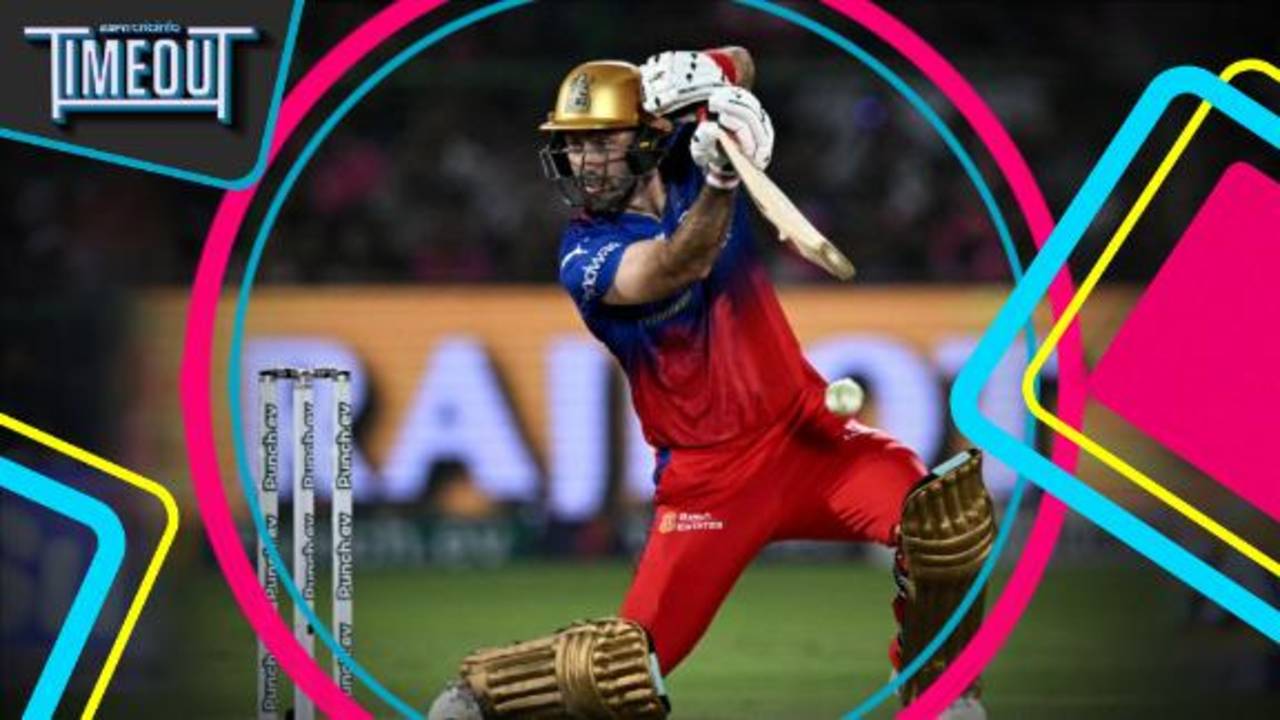Aussies at the IPL: Who starred, who chipped in, who flopped across the regular season?
A handful of Australia's players have dominated the IPL while others have had lean tournaments
Top performers
Solid contributors

Under-performers

Scarcely played

Alex Malcolm is an associate editor at ESPNcricinfo
